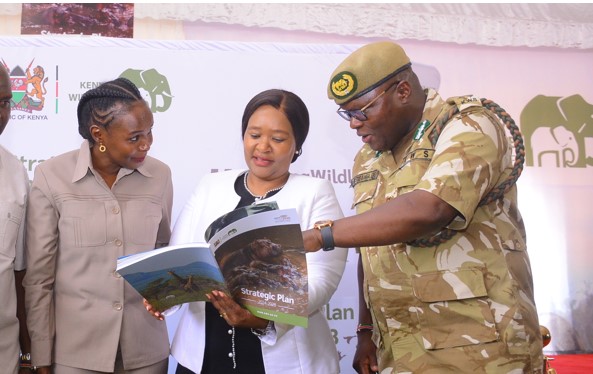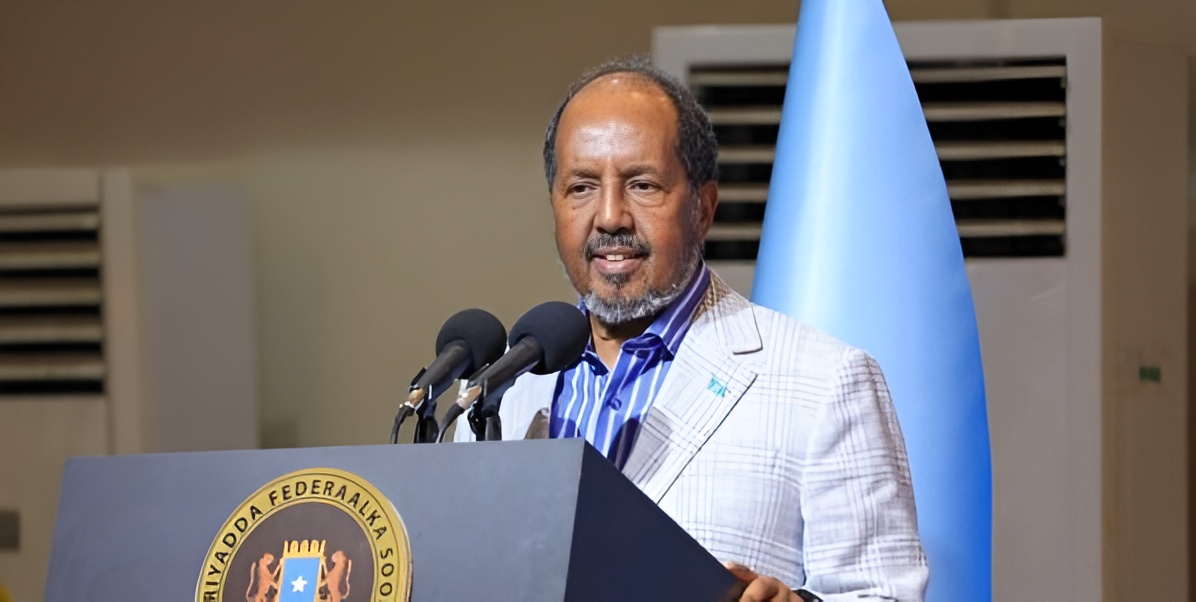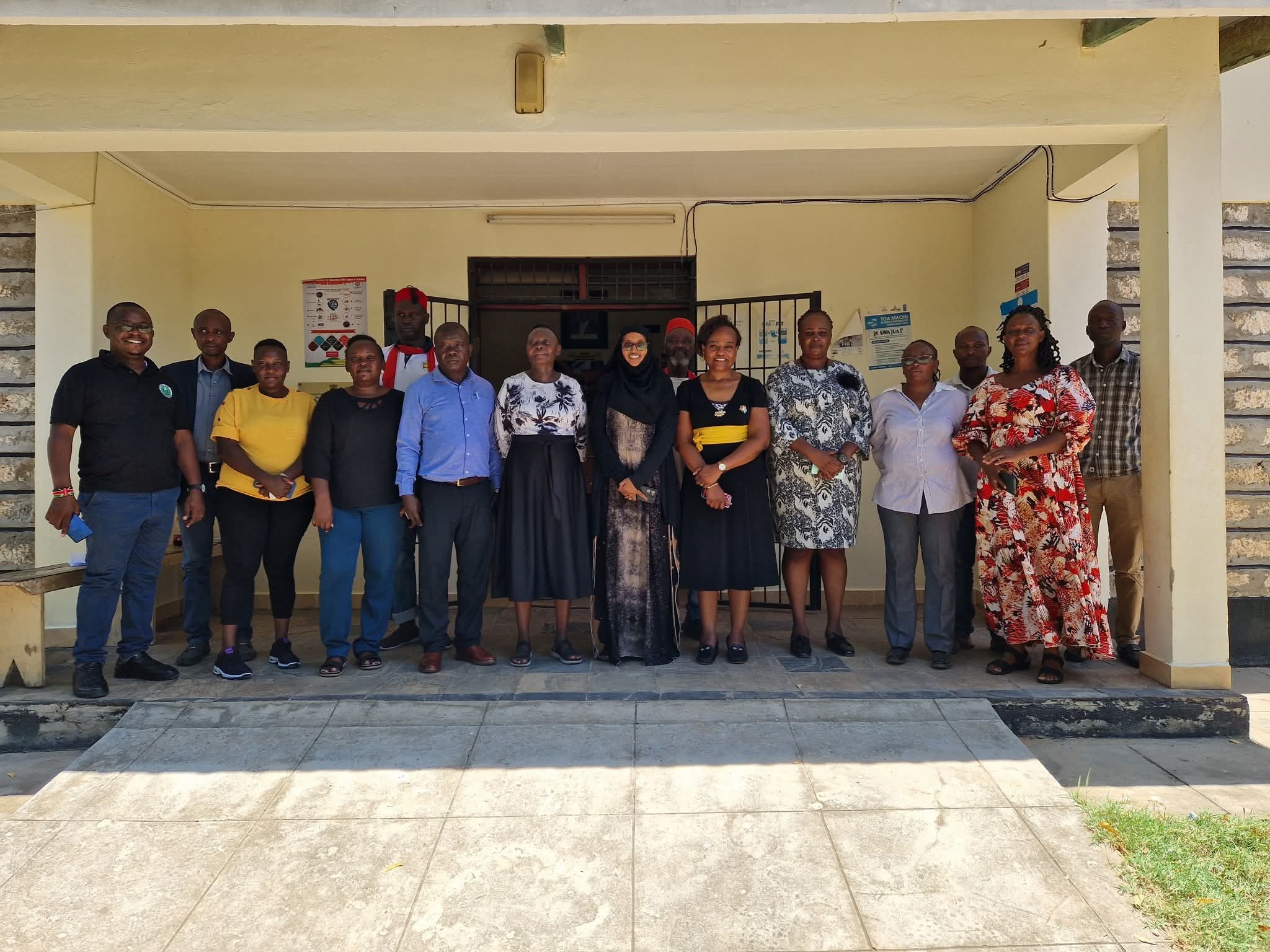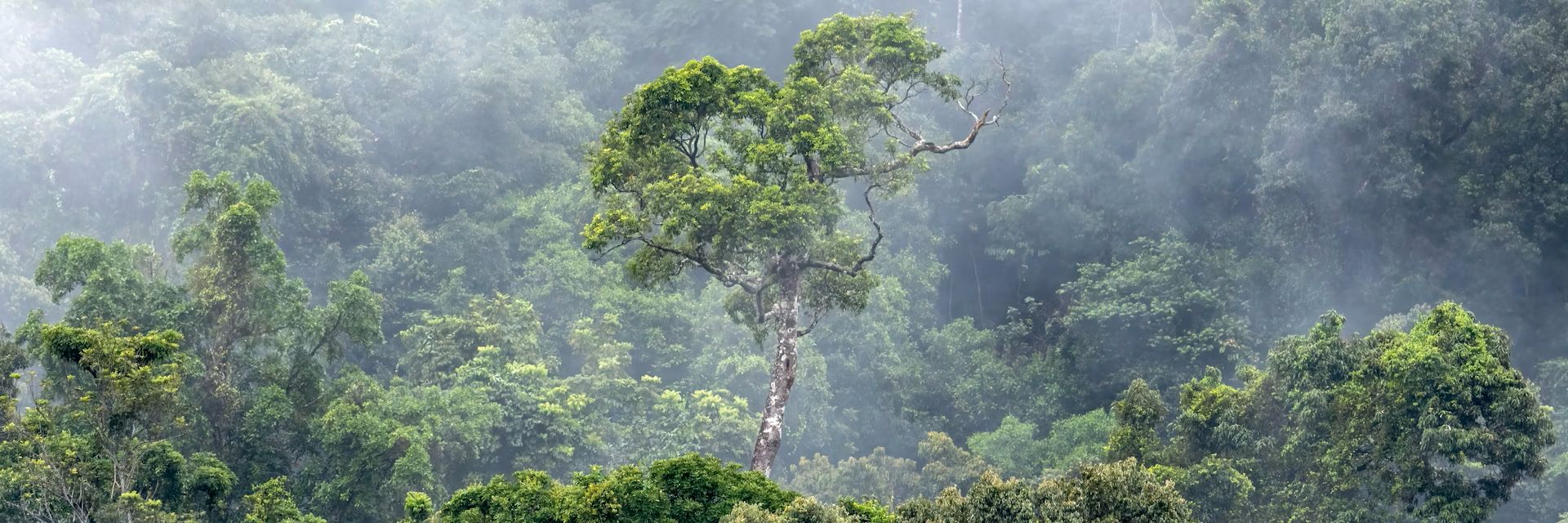KWS seeks Sh98 billion in funding to rejuvenate wildlife conservation

Over the past five decades, wildlife populations in Kenya have steadily declined, with some species nearing extinction.
The Kenya Wildlife Service (KWS) is seeking Sh98 billion to implement its strategic plan for 2024-2028, which aims to address significant challenges facing the country's wildlife sector.
The plan was launched on Monday at the KWS headquarters in Nairobi.
More To Read
- Elephant numbers soar as rare species decline, wildlife census shows
- Elephant conservation pioneer Iain Douglas-Hamilton dies at 83 in Nairobi
- Over 60,000 African penguins died as sardines disappeared from South Africa’s waters, study finds
- Report links 60,000 penguin deaths to sardine decline, poor fisheries management
- Counties intensify pressure on national government over park revenue-sharing model
- Rescue mission launched to save Masai giraffes trapped by fences in Naivasha
Over the past five decades, wildlife populations in Kenya have steadily declined, with some species nearing extinction.
The strategic plan outlines measures to halt this decline, emphasising the ongoing threats from poaching and loss of habitat.
"The population of wildlife in Kenya has declined steadily over the past five decades. With some species almost becoming extinct, the KWS has put in measures to stop this decline. However, with poaching and reducing space for wildlife, the populations are still under threat," the plan reads.
The launch was attended by several dignitaries, including Tourism and Wildlife Cabinet Secretary Rebecca Miano, Wildlife Principal Secretary Silvia Museiya, and KWS Director-General Erustus Kanga.
Also present were KWS board chairman Walter Koipatont and the CEO of the Wildlife Research and Training Institute, Patrick Omondi.
CS Miano stressed the importance of expanding the wildlife economy to address inequalities, enhance food security, and support rural economies.
She said this can be achieved by promoting consumptive wildlife-based enterprises, improving marine reserve management, and diversifying tourism products.
She added that there is a need to enhance the management of tourism facilities.
Reaffirming the government's commitment to sustainable development, Miano emphasised that the benefits of conservation should be shared equitably among all stakeholders.
The KWS strategic plan positions the wildlife economy as a vital pillar for generating wealth and improving the quality of life for millions of Kenyans.
Previous initiatives to bolster Kenya's wildlife economy have already shown positive results, significantly increasing internally generated revenue.
Miano commended KWS's leadership for embracing the values of accountability, resilience, integrity, inclusivity, and innovation.
KWS's mission is to "sustainably conserve Kenya's wildlife heritage and its habitats for the well-being of nature and people".
Miano said there is a need for a steadfast commitment to balance conservation efforts with socio-economic objectives.
She thanked the KWS board of trustees for their guidance in developing the strategic plan and recognised Kanga and his team for their dedicated work in advancing Kenya's conservation efforts.
"Their leadership has been instrumental in the successful completion of the plan, poised to guide KWS for the next five years," Miano said.
PS Museiya said the strategic plan aims to reduce biodiversity loss, improve community engagement, and ensure that all Kenyans benefit from wildlife conservation.
"The plan will enhance the management of human-wildlife coexistence, promote equitable sharing of conservation benefits, and implement science-driven approaches to increase wildlife populations and safeguard critical ecosystems," she said.
The PS pledged the national government's support in developing comprehensive frameworks to ensure benefits are derived from shared and sustainable use of wildlife resources.
Top Stories Today











































